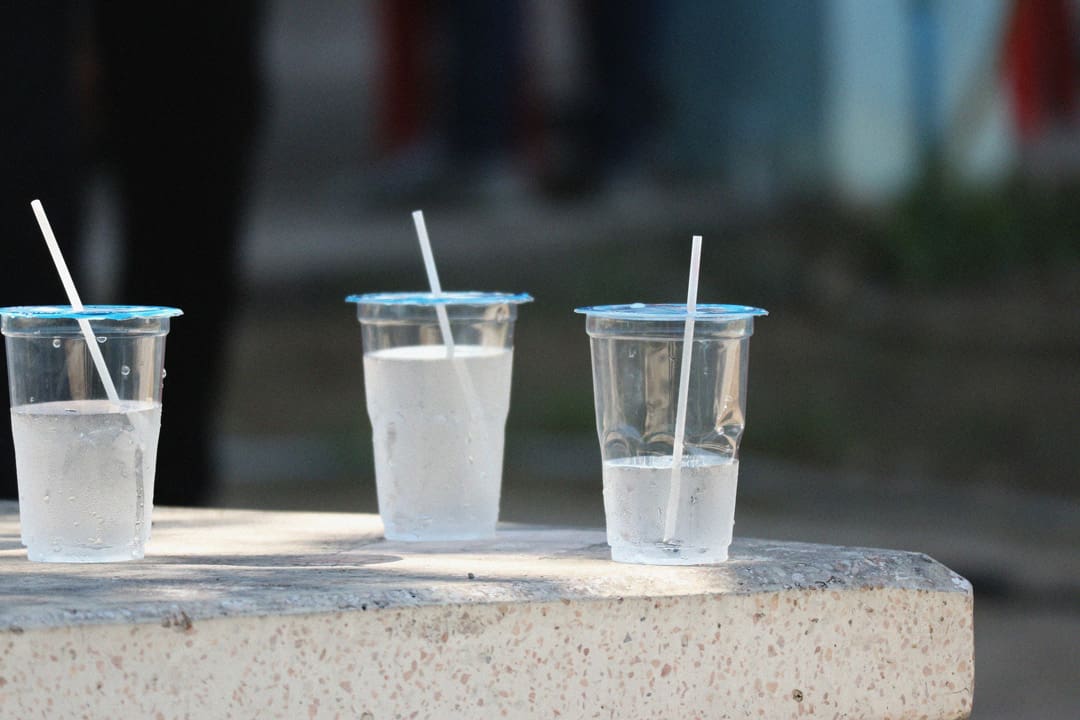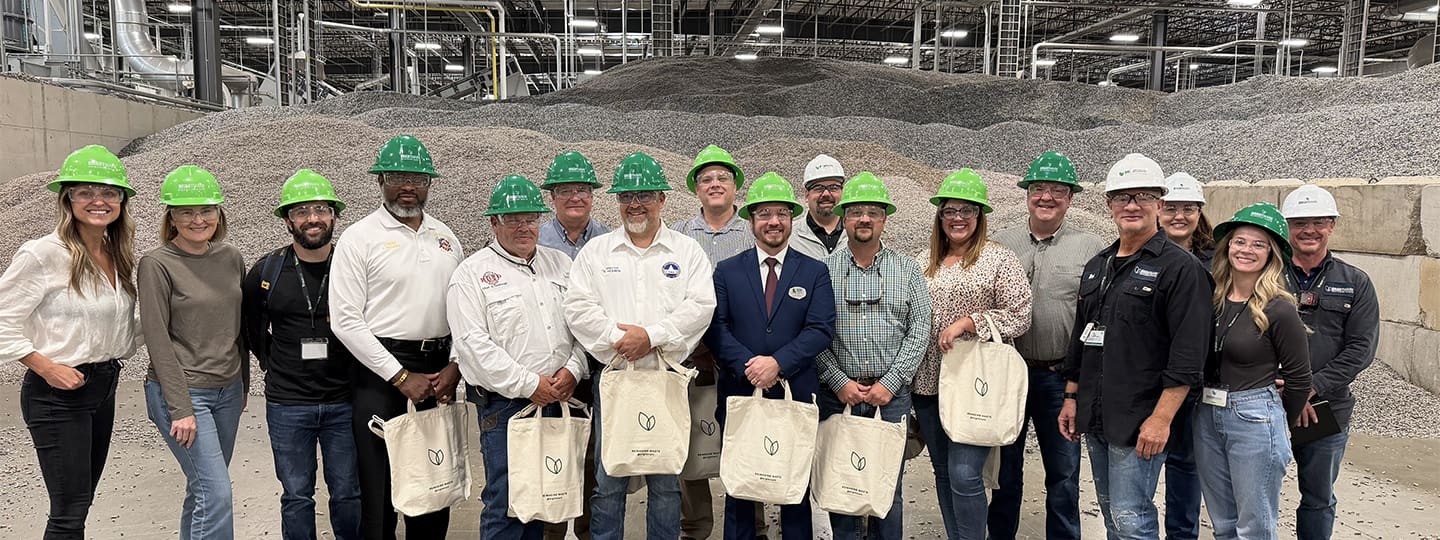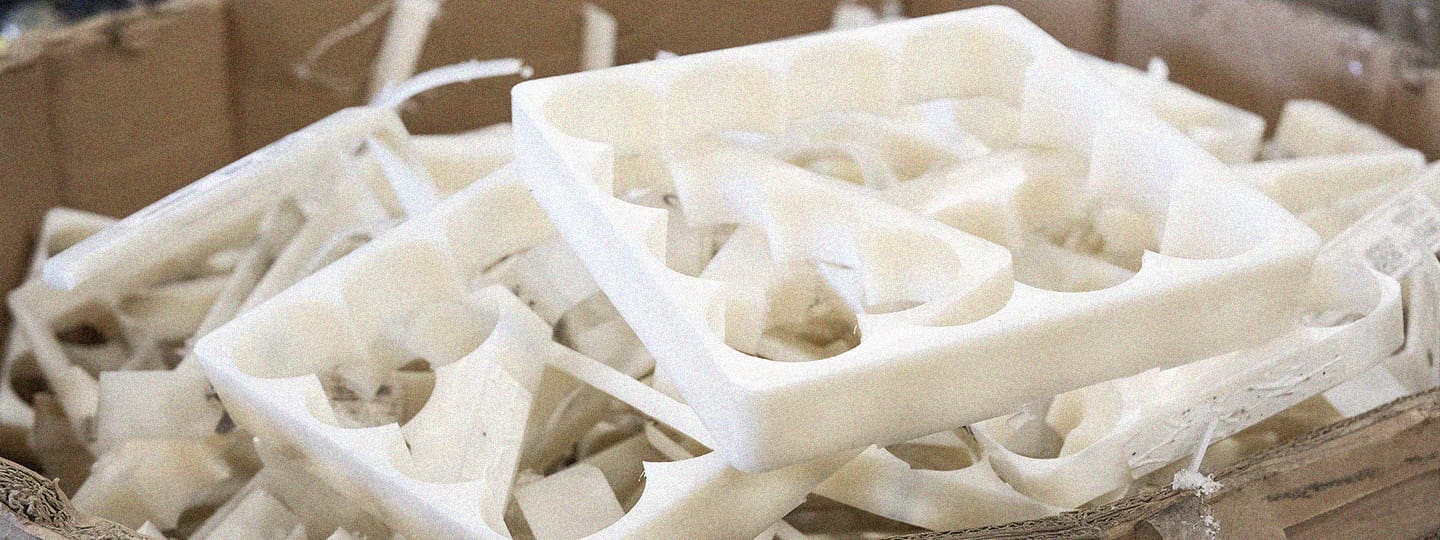In humanity’s fast-paced world, convenience is something to be valued. Using a plastic straw or grabbing take-out after a long workday might not seem like much, but it quickly adds up. Single-use plastics might be convenient at the moment, but people’s collective addiction to plastic has a steep price, and it’s a debt humans will be paying for years to come.
What are single-use plastics, and why are they bad for the environment?
As the name suggests, single-use plastics are goods made to be disposed of after their initial use. Common single-use plastics are:
- Cigarette butts
- Plastic straws
- Plastic plates and cutlery
- Plastic bags
- Plastic bottles
The issue with single-use plastics is that individuals are going through these products at an astronomically high rate. Plastic takes about 1,000 years to degrade in a landfill, and it doesn’t break down but breaks up into microplastics that invade the environment. Microplastics can be extremely harmful to the environment, especially wildlife, as they can cause health issues—like punctured organs—when ingested. Marine life bears the brunt of the effects, with animals suffering from plastic strangulation. Microplastics can contaminate the reefs that help regulate the health of our oceans.
How can individuals reduce the consumption of single-use plastics?
Luckily, there are numerous ways individuals can contribute to reducing single-plastic use consumption. The easiest thing people can do is be conscious of the amount of single-use plastics they use. Replacing your plastic bottles, ziplock plastic bags, and straws with reusable alternatives is a good place to start. Brands like Stasher help give people more sustainable options by providing reusable ‘ziplock’-sized bags that are plastic-free and great for saving all kinds of goods. Replacing plastic straws with bamboo straws, made from 100% natural materials and biodegradable, is also a good start. Cooking food at home more often rather than eating out to reduce the use of plastic bags and cutlery is another excellent way to limit yourself.
On a larger scale, you can support single-use plastic reduction and use your voice to spread awareness.
Lastly, being informed and educated about the ongoing crisis, researching other ways to reduce your environmental impact, and practicing zero-waste lifestyles are all good ways to reduce single-use plastics usage. Letting the people around you know about this issue is also great. Together, all of humanity can continue to fight and reduce the amount of waste put into the environment.





